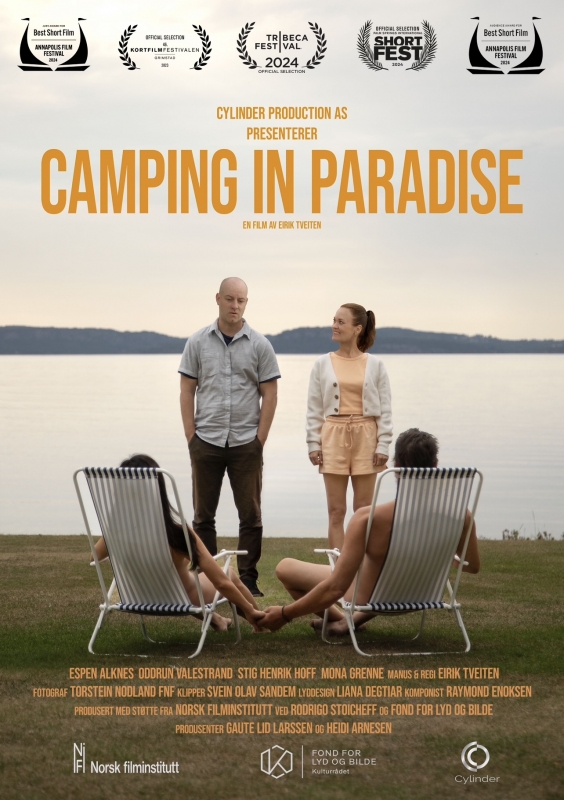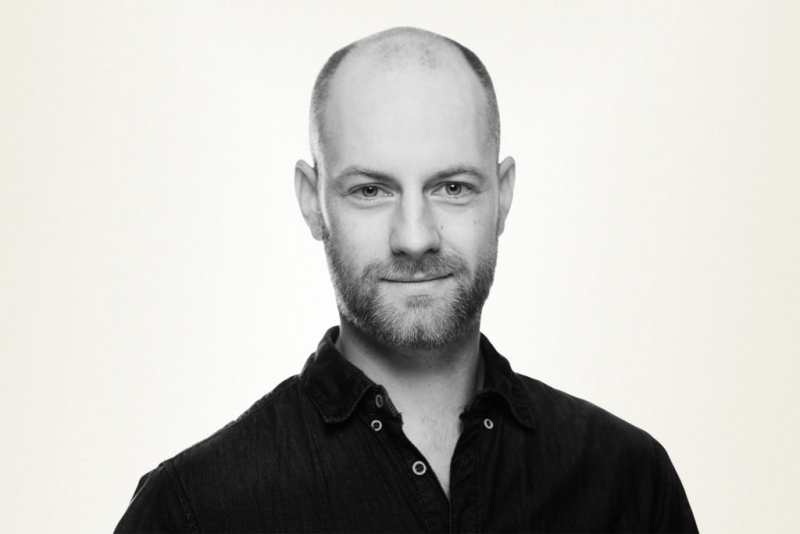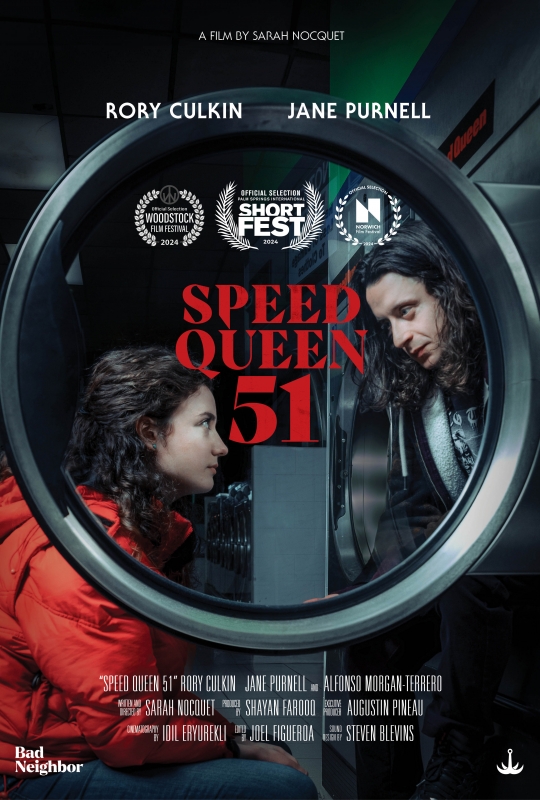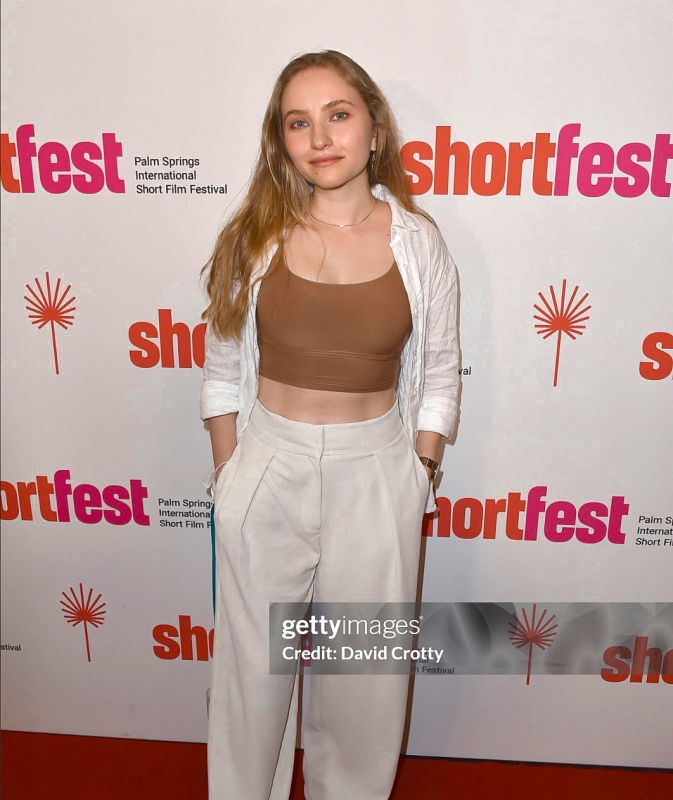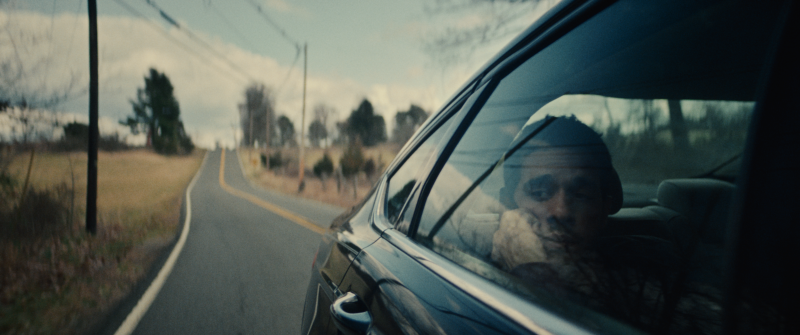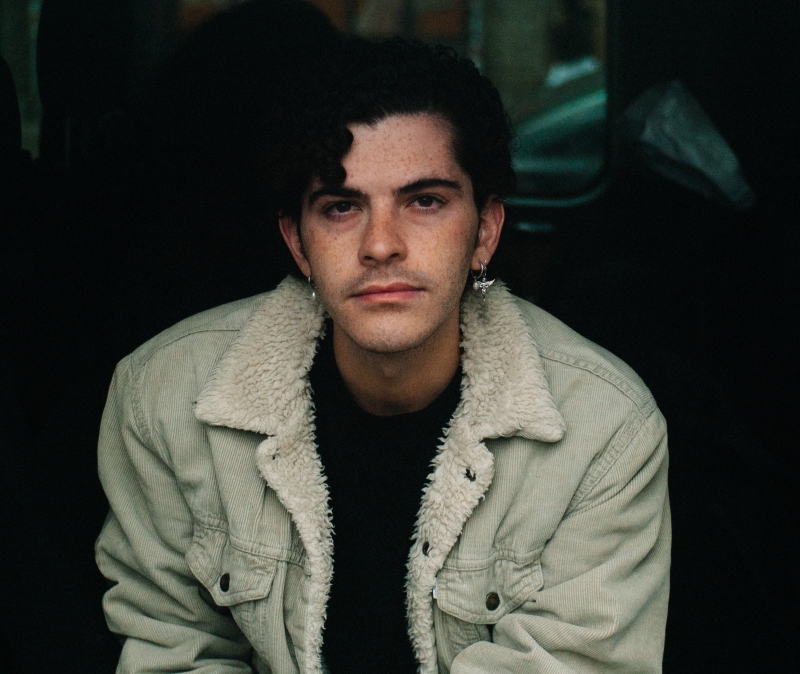|
|
||
|
Pro Tools
FILMFESTIVALS | 24/7 world wide coverageWelcome ! Enjoy the best of both worlds: Film & Festival News, exploring the best of the film festivals community. Launched in 1995, relentlessly connecting films to festivals, documenting and promoting festivals worldwide. Working on an upgrade soon. For collaboration, editorial contributions, or publicity, please send us an email here. User login |
Interview with film composer Diego Fontecilla
Uber talented up-and-coming Chilean film composer Diego Fontecilla: ('En La Cama', 2005; 'Não se Pode Viver Sem Amor', 2010; 'Vida de los Peces', 2010) speaks about his work. ME: First let me say that your soundtrack for 'Life of Fish' (Vida de Los Peces, 2010), I have listened to at least a few times a week in the past two years since I first got it. So, congrats on making such a masterpiece. Can you tell us when was it that you first began to compose for films? DIEGO: In 2005, with the film “En La Cama” from Matias Bize. ME: Did you always know what you want to do? DIEGO: More or less. I started playing the violin when I was 10 years old. From then on I was involved in music. However, doing the music for films was a very unexpected and unplanned profession. ME: Who was the first filmmaker between you and your brother Matias? DIEGO: My brother was the first to start working in the film industry in 2003. I didn’t start working with films until 2005. ME: How do you go about creating music for your films? Is there a way to explain the process from concept to creation? DIEGO: First I read the script, or see the first cut, depending on what stage of production the film is in. I focus on the story and the characters, thinking about how I could tell the story with music. I think music can be a powerful dramatic element. I try to find some symbolic concepts in the film and try to express these concepts through sound. Then I start to think about how I can achieve the specific sounds and which instruments will be needed. After that I start composing. I love to start working on the script phase because there is more room for me to propose my ideas, and it´s possible to work very freely, but at the same time it is more difficult than working with the film itself because it´s a completely created work and it needs more time to be developed. However, with this method I think it´s possible to do more original work and make a stronger contribution to the film. ME: Your first film 'En la Cama' and your latest 'The Life of Fish' have won awards all over the world. What is it like to have your music from its early stages be so globally experienced and appreciated? DIEGO: I feel very lucky that my music, because of the films, is appreciated in many different countries. I really like this global aspect of cinema and its possibility to reach a lot of people. The work of the composer is usually very lonely; I spend many hours working alone in the studio, so at the end of the process, when the film is released in cinemas, the work is finally completed and opened to the public. After such a long process of work, for me it is very important to see the film in the cinema in the way that the film was intended to be seen. In fact, now I am looking forward to seeing the premier of “A Memória Que Me Contam” (2012) by Lucia Murat, my last work. ME: Most of your films have been composed for your brother's films. Do you plan to compose mainly for his films or do you plan to begin composing for a number of films in the future? DIEGO: I really like working with my brother but of course I want to increase the number of directors who I work with. I learn a lot working from different directors, their different methods and styles, which is very important in order to become more versatile in my work. ME: You are currently living in Bologna. Can I ask what kind of music related/compositions you are working on there? DIEGO: Mostly I work for Chilean productions. I have also composed scores for some Brazilian films. Of course, in Italy it is necessary to do everything by internet in order to work with people on the other side of the world. One of the advantages of living and working in Italy is that I am able to attend many different film festivals and meet many people in the industry, even those from Latin America. ME: Who are your greatest inspirations in film scoring composers? DIEGO: Alexandre Desplat, Angelo Badalamenti, Clint Mansell, Jonny Greenwood and Gustavo Santaolalla. ME: Roland Joffe said: 'If the picture is the body of a film then the music is its soul'. How do you feel about that? Do you feel that a film can be a film without the music? DIEGO: Yes, there are some beautiful films without music. It is a respectable kind of cinema. To put music in a film is to add another language to it. The music has the quality to tell the story in another way, and it is a powerful element, effective in increasing the emotions. I like it when the music gives us a new point of view to the film, not just directly reflecting the nature of the scene. I mean, some times the music gives the film something completely new, and functions like another actor in the story, given new possibilities and perspectives, stimulating the audience in another way. ME: What are you working on next? DIEGO: I am start working on a new film with Matías. ME: Can you share with us a bit about your personal experience as a composer, like what you experience while composing or your philosophy while you create the soul of a picture? DIEGO: I think one of the most difficult things about making music for films is the capacity to connect music with the cinematographic elements. There are many elements to which you can associate the music in a film: the characters, the editing rhythm, a simple gesture, the photography, the words, a frame. That´s why the decision making process is fundamental: to decide what is important, what is necessary to emphasize, and what is lot less significance. This process is carried out working closely with the director. So, in my opinion the work of the film composer is not just to make music, but it is also to be aware of the whole film creating process and also to be aware of all the elements present, proposing ideas according to the director’s point of view. ME: Thank you so much for this Diego. I adore your work! I listen to your soundtrack all the time and I think you have incredible talent so please never stop composing. -written by Vanessa McMahon Film composer Diego Fontecilla.
17.07.2012 | Vanessa McMahon's blog Cat. : actor Alexandre Desplat Angelo Badalamenti Clint Mansell composer Diego Fontecilla Director En La Cama Entertainment Entertainment Films forward Gustavo Santaolalla Interview with film composer Diego Fontecilla Italy Jaideep Ahlawat Jonny Greenwood Latin America Lucia Murat Person Career Quotation Roland Joffe Technology Technology The Life of Fish The Life of Fish' have won awards Vanessa McMahon Vida de Los Peces Interviews
|
LinksThe Bulletin Board > The Bulletin Board Blog Following News Interview with IFTA Chairman (AFM)
Interview with Cannes Marche du Film Director
Filmfestivals.com dailies live coverage from > Live from India
Useful links for the indies: > Big files transfer
+ SUBSCRIBE to the weekly Newsletter Deals+ Special offers and discounts from filmfestivals.com Selected fun offers
> Bonus Casino
User imagesAbout Vanessa McMahonThe EditorUser contributions |



















